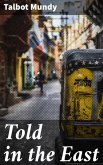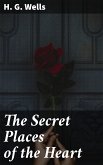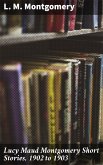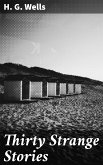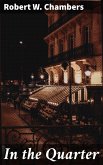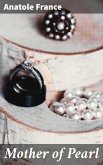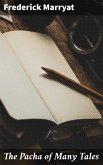In E.W. Hornung's 'No Hero', readers are transported to the late 19th century where they follow the adventures of a charming yet morally ambiguous protagonist. The novel is written in a gripping and suspenseful style, reminiscent of the best works of Victorian-era literature. 'No Hero' explores themes of criminality, morality, and the thin line between heroism and villainy. The author skillfully weaves together a narrative that keeps readers on the edge of their seats, questioning the nature of good and evil. Hornung's vivid descriptions and complex characters add depth to the story, making it a compelling read for lovers of classic literature. E. W. Hornung's own experiences as a writer and social observer likely influenced his creation of such a thought-provoking and morally ambiguous protagonist. His nuanced understanding of human nature shines through in 'No Hero', making it a timeless and captivating tale. I highly recommend 'No Hero' to readers who enjoy morally complex characters and gripping storytelling that challenges conventional notions of heroism.
Dieser Download kann aus rechtlichen Gründen nur mit Rechnungsadresse in A, B, BG, CY, CZ, D, DK, EW, E, FIN, F, GR, H, IRL, I, LT, L, LR, M, NL, PL, P, R, S, SLO, SK ausgeliefert werden.



